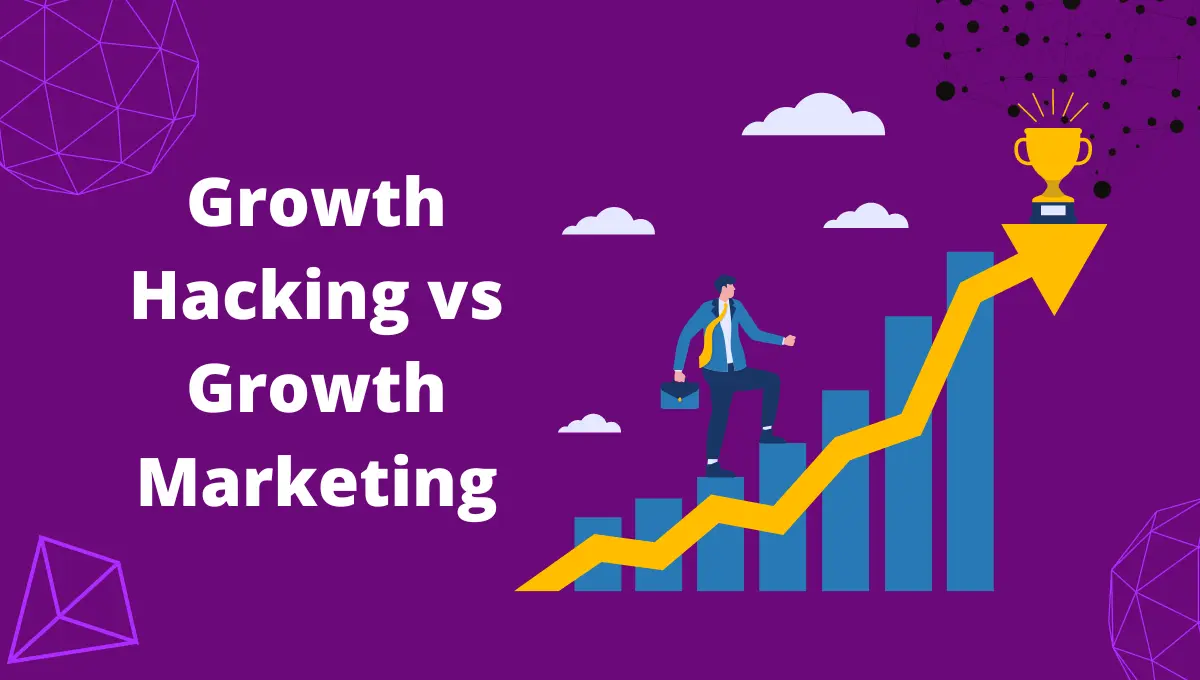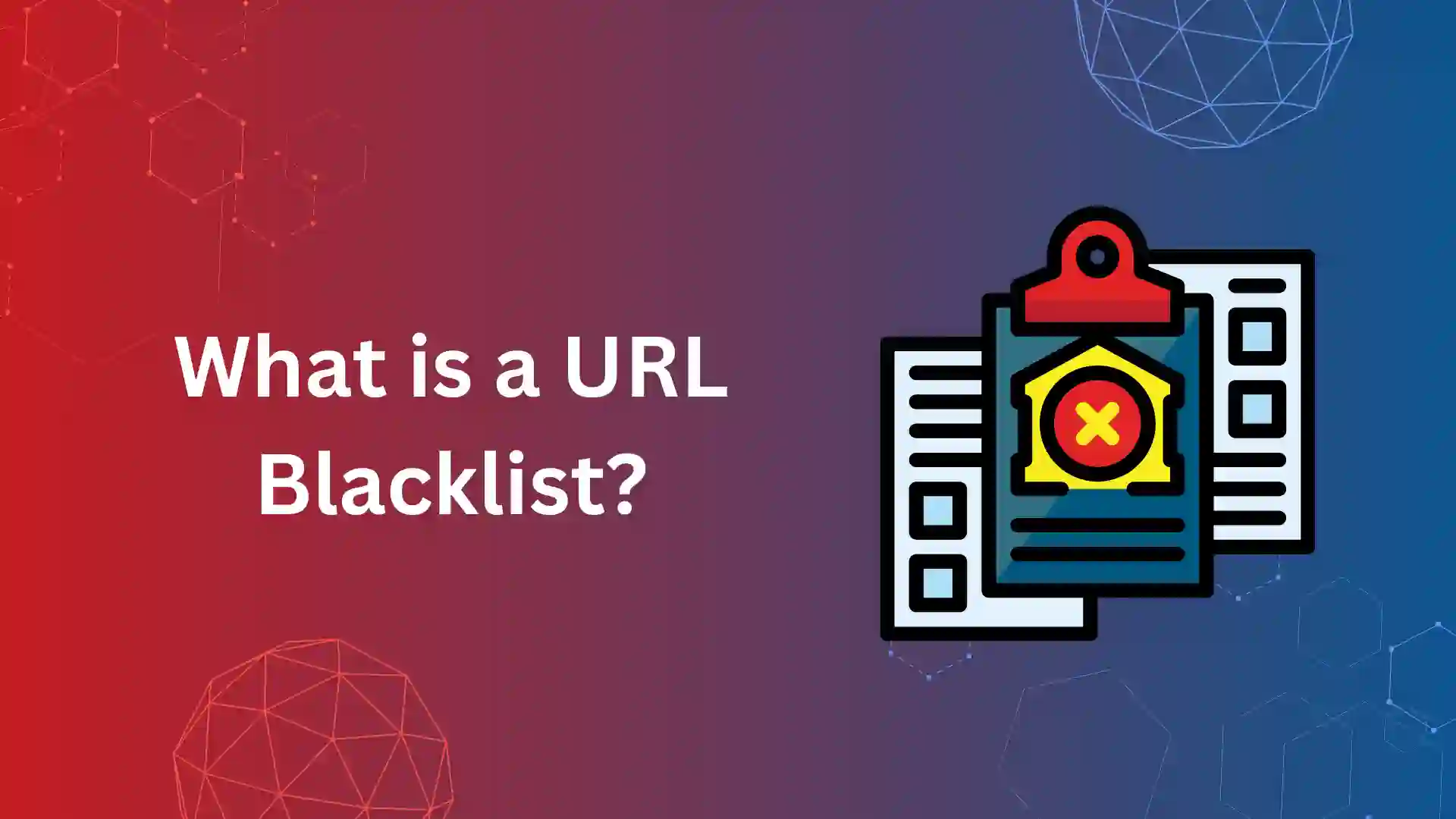Growth hacking and growth marketing—two terms have been in trend for the past few years, and there have been several debates regarding their similarities and differences.
While many people argue that they are similar and can be used interchangeably, there are some differences that put them apart from each other.
So when choosing a marketing strategy for your company, don’t just choose any of the two because you think they are the same. Read this article to know their differences before you choose your marketing strategy.
What Is Growth Hacking?
A rigorous approach to fueling rapid market growth through high-speed, cross-functional experimentation
-Sean Ellis
The term “Growth Hacking” was coined in 2015 by Sean Ellis, the founder and CEO of GrowthHackers. It is the process of achieving maximum growth with minimum spending.
Growth hackers use creative, out-of-the-box ideas that provide quicker, easily trackable results. It is especially beneficial for startups who are looking for rapid growth in their business.
Growth hacking not only is about customer acquisition but also focuses on customer activation, retention, and advocacy.
Growth hacking is not just about testing your ideas using Google Ads or A/B Split tests. Any idea or experiment that ultimately results in the rapid growth of a business is a growth hack.
The main idea behind growth hacking is to attain maximum growth by spending less money in the lowest possible time. Growth hacking helps you find the most cost-effective solutions to gain many customers in a short period.
To become a growth hacker, one must be ready to get their hands dirty and experiment with various ideas.
So, how can growth hacking benefit your business?
- Flexibility
- Generate qualified leads
- Build brand identity and reputation
- Cost-effective strategies
- Improve ROI
- Scalable marketing strategies
- Data-driven strategies
- Rapid experimentation allows for the discovery of new business models and product ideas.
Growth hacking is the extra effort you put above your current marketing plans. While growth hackers experiment and produce new ideas, marketers should develop those ideas and build effective campaigns.
What Is Growth Marketing?
Growth marketing (Traditional Marketing 2.0) is a marketing method that focuses on gaining relevant customers for the business. Growth marketers work to retain these customers by solving their problems and making them buy your products repeatedly.
The goal of growth marketing is to turn your customers into brand advocates. It aims for full-funnel growth and engages with the customers throughout their journey with a brand.
A growth marketer uses metrics like A/B testing to experiment with different ideas and implements the one that works best among a user segment.
Growth marketing helps companies achieve long-term business growth. They can benefit a business in several ways:
1. Focuses on full-funnel growth
Growth marketing engages customers through all the stages of the Pirate Funnel, right from the awareness stage to the referral stage.
2. Data-driven
Growth marketers adopt experimented and proven marketing strategies that can help grow your business.
3. Cost-efficient
Growth marketers only implement strategies that are sure to succeed. They don’t have to blindly spend a large amount on a marketing strategy and pray it succeeds.
Growth marketers frequently experiment and think of creative, out-of-the-box ideas that can help with the growth of a business.
As customers go from one stage of the marketing funnel (Pirate Funnel) to another, they optimize their strategies accordingly.
Growth Hacking vs Growth Marketing: What’s the difference?
Even though these two terms sound similar, they have some major distinctions. Here are some of the factors that differentiate them from one another.
Focus
Growth marketing focuses on the brand, while growth hacking does not. Growth hackers aim to succeed in their strategy by whatever means necessary, i.e., they don’t pay much attention to the brand.
They aim for quick results with minimum money spent and often come up with crazy ideas to benefit their business.
Growth marketing is all about building a brand and bringing in more customers. Thus it can be a little hard to put data on strategies related to brand marketing.
Growth marketers spend much time on data analysis and content building to attract their audience.
Speed of growth
Growth hacking aims for rapid growth, while growth marketing aims for long-term substantial growth.
Growth hackers don’t wish to spend much time on a single strategy. If they don’t see any remarkable results for a period of time, they stop it and move on to the next strategy. They aim to create strategies that give them the best yet rapid results.
Growth marketing, on the other hand, aims for a business’s long-term and substantial growth. Their strategies are more focused and travel towards a primary goal.
Data
Growth hackers often work in startup environments, where they don’t have much data from the past to compare to.
They have to start afresh and repeatedly experiment to select the best strategy. Sometimes, a brand’s growth hacking strategy may not be helpful for other brands.
Growth marketing relies on tested and proven strategies that will surely lead to the growth of the business.
Unlike growth hacking, they spend time testing and analyzing which strategy suits them best and implementing it for their campaigns.
Technology vs. people
As you know, growth hacking highly depends on rapid experimentation and data-driven strategies. This requires them to have good technical skills so that they can navigate growth hacking efficiently.
This does not mean they should know how to create codes, but they should at least know their way around HTML, JavaScript, CSS, etc.
Growth marketing is more customer-centric. They focus on solving customers’ problems and engage with them throughout their customer journey.
They conduct and analyze qualitative customer research to know their ideal customers.
Skill sets
Just like how different people have different skill sets of their own, growth hacking and growth marketing also require different skill sets to give you the best results.
A growth hacker is required to have these particular skill sets.
- Technical skills: As we have seen above, technical skills are a must for a growth hacker to measure and track the progress of their experiments.
- Curiosity and creativity: To create effective and out-of-the-box marketing strategies, one needs to have a curious soul and a creative mind.
- Results-oriented: Growth hackers need to have a particular goal or result or goal in mind and travel towards it rapidly.
A growth marketer is required to have these particular skill sets.
- Patience: Growth marketing gives substantial, long-term growth, but it takes time. So patience is necessary.
- Consistent: Consistency is key to growth marketing. Growth marketers should not lose focus because it takes time.
- Well-planned: Planning and preparing strategies well in advance can give the best results.
- Up-to-date: Growth marketers should be up-to-date with the latest developments and optimize their strategies accordingly.
Key Takeaways
In a nutshell, growth hacking and growth marketing, though they have the same goal (growth of a business), are not exactly the same things.
While growth hacking aims for quick results through rapid experimentation, growth marketing aims for longer and more substantial growth.
So which one to choose? Here is a simple tip for you.
If you are a startup company looking for the best marketing strategy to grow your business quickly, you should go for growth hacking.
If you are an already well-established brand that has been in the field for a while and needs to increase your customer base and relationships, you can choose growth marketing as service.
Whatever you choose, choose the one that promotes the growth of your business.
Frequently Asked Questions
Growth hacking is essential for your business growth, especially if you are a startup. In growth hacking, the goal is growth, but without proper business development, you might be optimizing for growth without measuring its impact on profitability or product-market fit.
A growth hacker needs to be an expert in marketing, user experience, business development, and online strategies. They should have strong analytical skills, including A/B testing, sales metrics, and web metrics. They should also be skilled at sales generation, web optimization, sales funnels, and conversion analysis.
A Pirate Funnel is used to break down each step of a customer’s journey and shows which areas need extra attention. The stages of the pirate funnel are
- Awareness,
- Acquisition,
- Activation,
- Retention,
- Revenue, and
- Referral.













